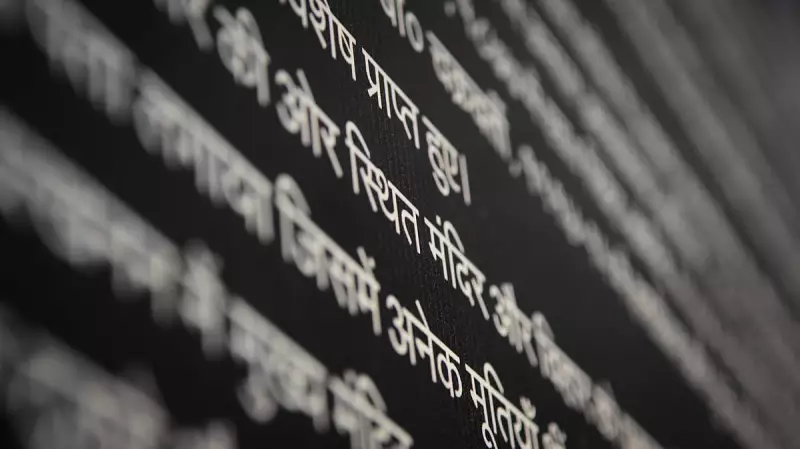
India has undergone a remarkable transformation on the global stage, emerging as a confident power that stands second to none in its diplomatic influence and strategic positioning. Under the leadership of Prime Minister Narendra Modi, the country has shed its historical hesitations and embraced an assertive role in international affairs that reflects its growing economic might and civilizational confidence.
From Non-Alignment to Confident Leadership
The journey of India's foreign policy evolution represents one of the most significant geopolitical stories of our time. Prime Minister Narendra Modi's government has fundamentally reimagined India's place in the world, moving beyond the traditional framework of non-alignment that characterized much of the post-independence era. This shift isn't merely rhetorical but reflects deep structural changes in both India's capabilities and global expectations.
What makes India's current global position particularly noteworthy is how it has managed to maintain strategic autonomy while building strong relationships across geopolitical divides. The country has demonstrated remarkable diplomatic skill in navigating complex international relationships, particularly between major powers like the United States and Russia. This balancing act has allowed India to advance its national interests while contributing to global stability.
Economic Foundations of Global Influence
The foundation of India's enhanced global standing rests on its impressive economic trajectory. With consistent economic growth that has positioned it as one of the fastest-growing major economies, India has become an indispensable player in global economic discussions. The country's massive domestic market, combined with its growing technological capabilities, has made it an attractive partner for nations and corporations alike.
Recent economic milestones have further cemented India's position. The country has climbed to become the fifth largest economy globally, with projections suggesting it could reach the third position within the next decade. This economic momentum has translated into greater influence in international forums, from the G20 to climate negotiations, where India's voice carries unprecedented weight.
Strategic Partnerships and Global Diplomacy
India's diplomatic outreach under Prime Minister Modi has been both extensive and innovative. The strengthening of the India-US strategic partnership represents a cornerstone of this new approach, with defense and technology cooperation reaching unprecedented levels. Simultaneously, India has maintained its traditional relationship with Russia while expanding ties with other major powers including Japan, Australia, and European nations.
The country's leadership in global initiatives has been particularly evident in its handling of the G20 presidency, where it successfully bridged differences between competing blocs to achieve consensus on critical issues. India's vaccine diplomacy during the COVID-19 pandemic, where it supplied vaccines to nearly 100 countries, demonstrated its capacity for global leadership during times of crisis.
Another significant aspect of India's global engagement has been its focus on the Global South. By positioning itself as a voice for developing nations, India has carved out a unique role that amplifies its influence beyond what pure economic metrics might suggest. This approach has earned the country goodwill across Africa, Latin America, and Southeast Asia.
The Road Ahead: Challenges and Opportunities
While India's rise has been impressive, the country faces several challenges in maintaining its momentum. Managing complex neighborhood relationships, particularly with China and Pakistan, requires continuous diplomatic attention. Additionally, balancing economic growth with environmental sustainability remains a critical concern that will shape India's global standing in the years ahead.
Nevertheless, the overall trajectory points toward continued growth in India's international influence. The country's young population, growing technological capabilities, and strategic geographic position combine to create a foundation for sustained global relevance. As the international order continues to evolve, India's role as a confident, independent power seems increasingly secure.
The transformation of India from a hesitant emerging power to a nation that stands second to none in its diplomatic confidence represents one of the most significant geopolitical developments of the 21st century. Under Prime Minister Modi's leadership, the country has not only found its voice but has learned to use it effectively in shaping global conversations across security, economic, and environmental domains.





